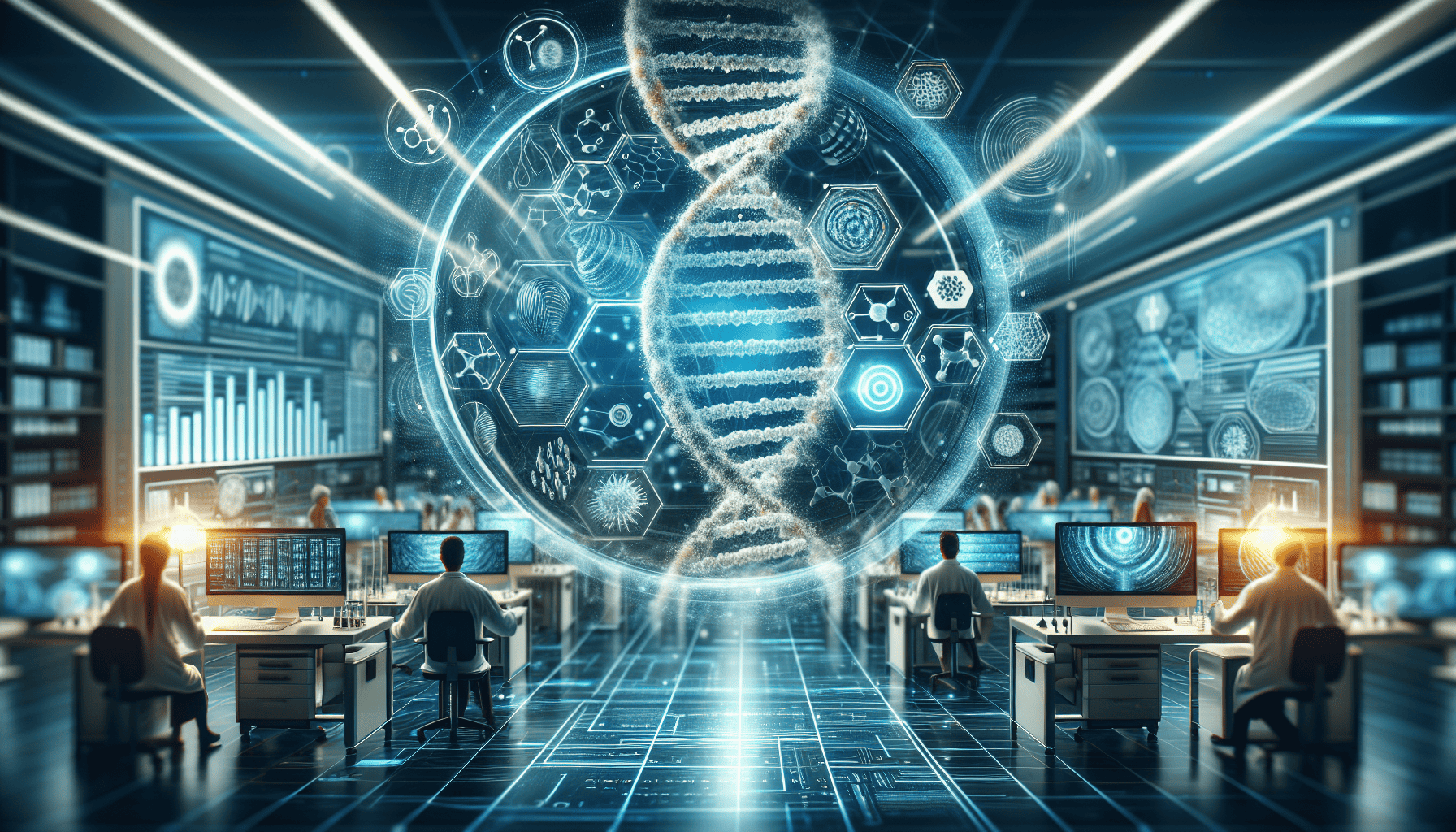In recent years, the field of biotechnology has made remarkable strides in advancing human health, primarily through the lens of genetic engineering. As scientists delve deeper into the building blocks of life, the promise of genetic modification is being realized in groundbreaking ways that hold the potential to revolutionize medicine, enhance disease resistance, and usher in an era of personalized healthcare. From cutting-edge gene editing tools to innovative therapies, these breakthroughs are transforming how we understand, treat, and prevent diseases.
At the forefront of these advancements is CRISPR-Cas9, a revolutionary gene-editing technology that allows for precise modification of DNA. Originally discovered as a part of the immune system in bacteria, CRISPR technology enables scientists to make targeted changes to an organism's genome with unprecedented accuracy. This has opened up possibilities for correcting genetic mutations that cause debilitating diseases, such as cystic fibrosis, muscular dystrophy, and sickle cell anemia. Clinical trials are already underway, demonstrating encouraging results and offering hope to individuals living with these conditions.
One of the most exciting applications of genetic engineering is in the field of cancer treatment. Traditional therapies like chemotherapy and radiation can be harsh and non-specific, often causing significant side effects. With the advent of biotechnology, researchers are developing "smart" therapies that precisely target cancer cells while sparing healthy tissues. CAR-T cell therapy, for instance, involves reprogramming a patient's immune cells to recognize and destroy cancer cells. This personalized approach has shown remarkable success in treating certain leukemias and lymphomas, paving the way for similar strategies to combat other types of cancer.
Moreover, genetic engineering holds promise in preventing diseases before they manifest. With the ability to identify and modify genetic predispositions, scientists are exploring methods to reduce the risk of hereditary diseases. Preimplantation genetic diagnosis (PGD), a technique used alongside in-vitro fertilization, allows for the screening of embryos for genetic conditions. This not only helps in avoiding the transmission of genetic disorders but also presents ethical and philosophical questions about the future of human genetics—a conversation that continues to evolve as technology progresses.
In addition to treating and preventing diseases, biotechnology is also enabling breakthroughs in regenerative medicine. Stem cell research, bolstered by genetic engineering, is advancing toward regenerating damaged tissues and organs. Scientists are engineering stem cells to develop into specific cell types that can repair or replace damaged tissues, offering potential cures for spinal cord injuries, heart diseases, and neurodegenerative disorders such as Parkinson's disease.
The potential of biotechnology extends beyond human health. Genetic engineering is being leveraged to address global challenges, such as food security and environmental sustainability. Genetically modified crops that resist pests, require fewer resources, and are more nutritious are helping to increase food availability and reduce the ecological footprint of agriculture, showcasing a symbiotic relationship between human health and the environment.
Nevertheless, as biotechnology marches forward, it is accompanied by ethical, legal, and social considerations. The ability to edit human genes raises questions about the extent to which we should alter our biology and the potential consequences on future generations. As these technologies become more accessible, ensuring equitable access and preventing misuse will be crucial.
In conclusion, the breakthroughs in biotechnology, particularly through genetic engineering, are propelling humanity into a new era of medical science. With continued research, interdisciplinary collaboration, and thoughtful regulatory frameworks, these advancements can transform the landscape of healthcare. By harnessing the power of genetic engineering, we stand on the brink of eradicating some of the world’s most challenging diseases, enhancing the quality of life, and paving the way for a healthier future for all.
